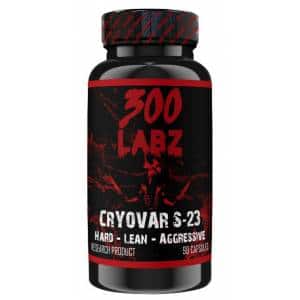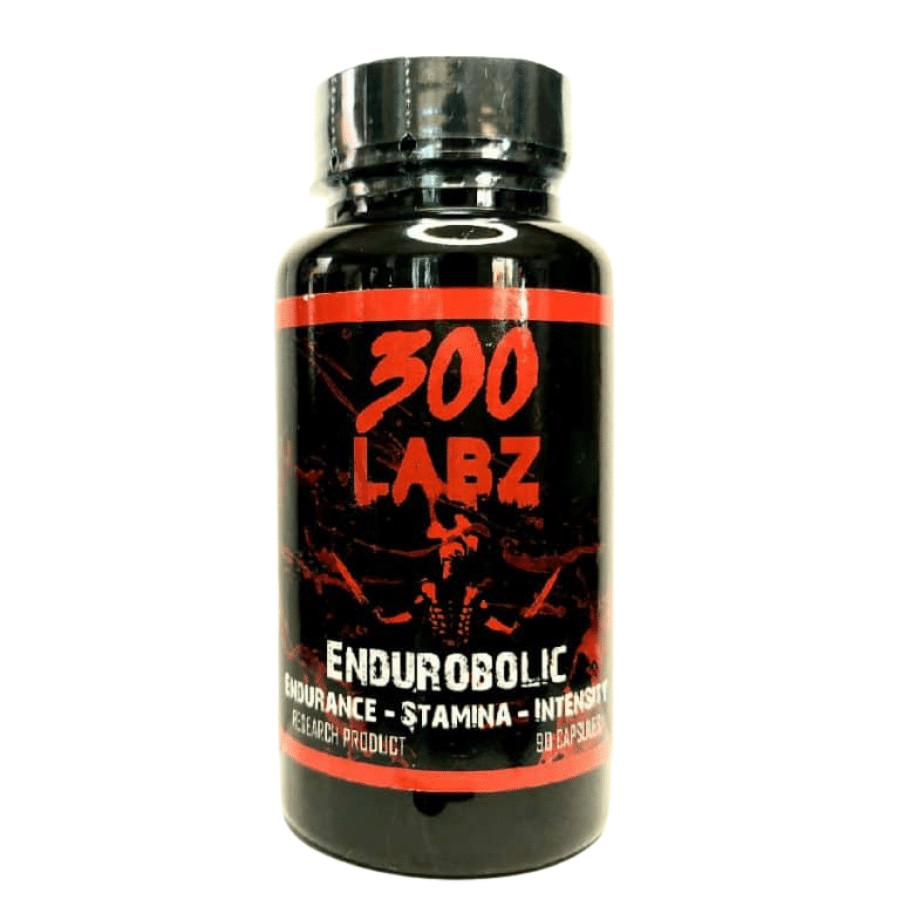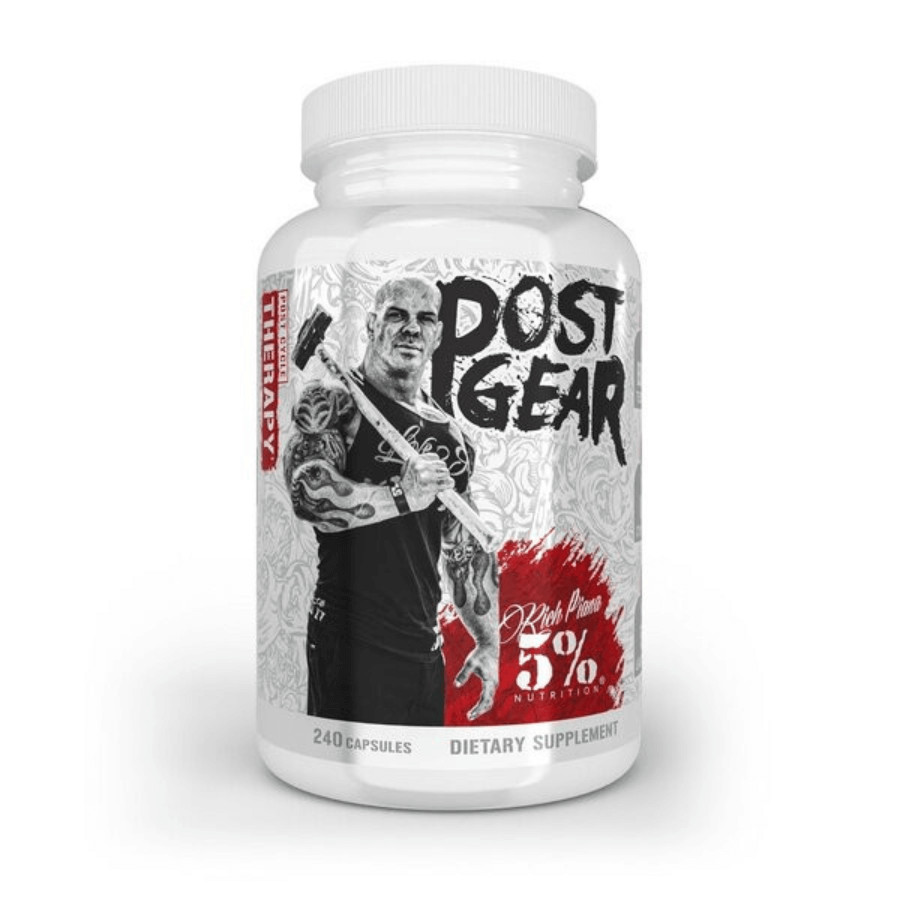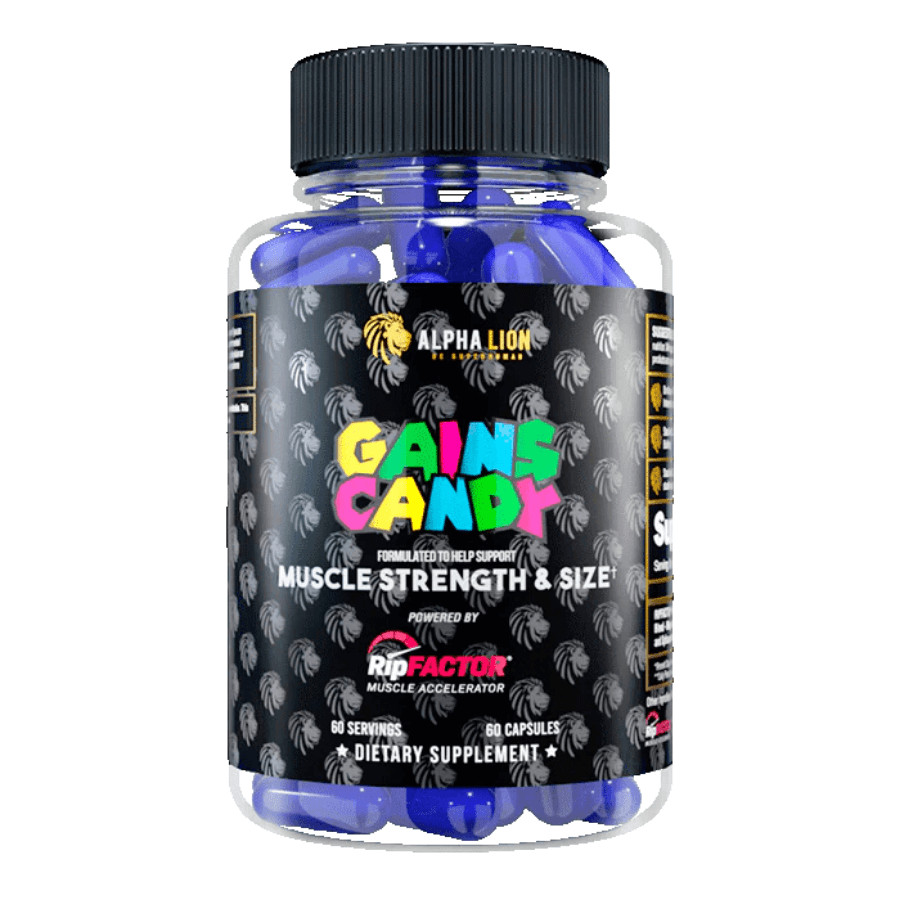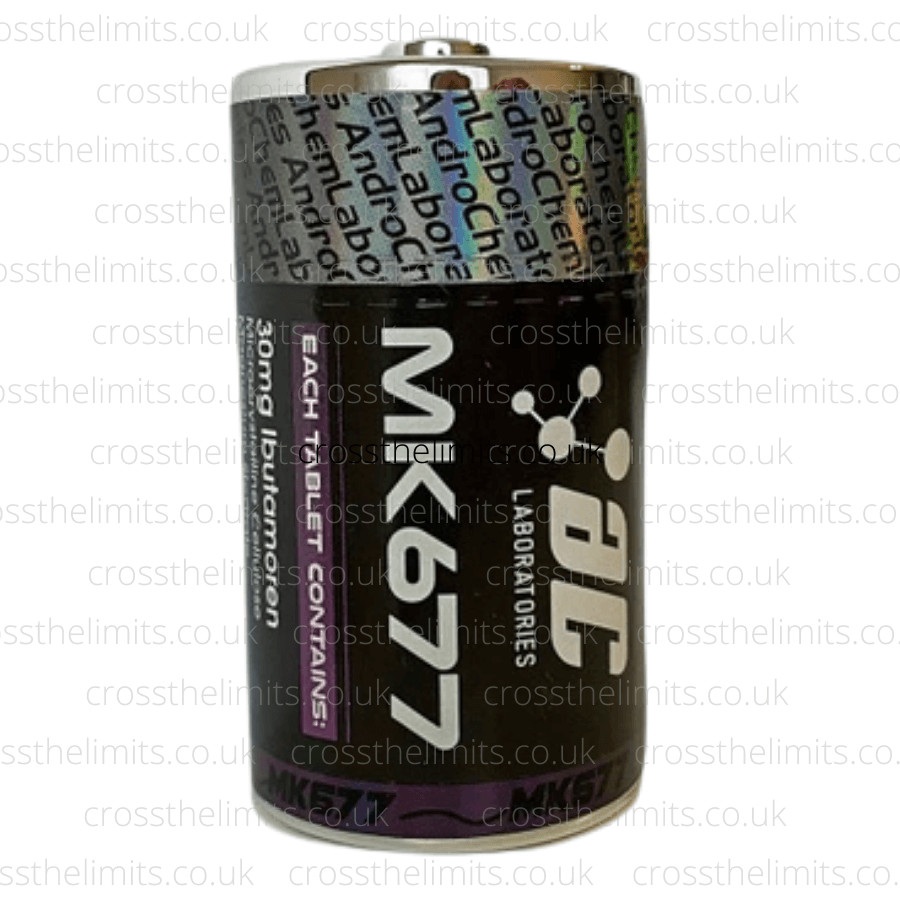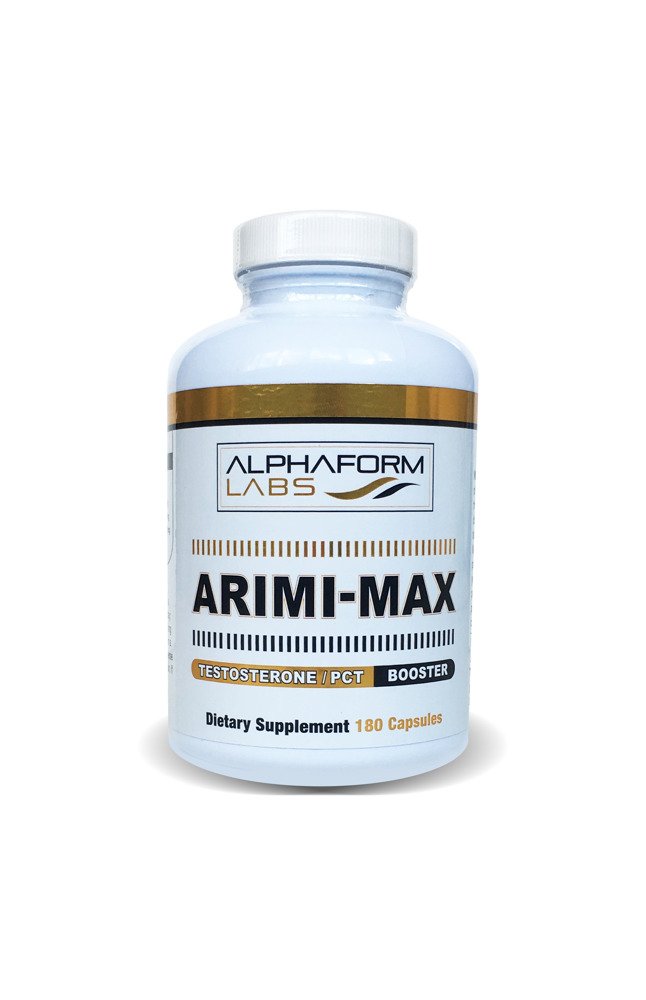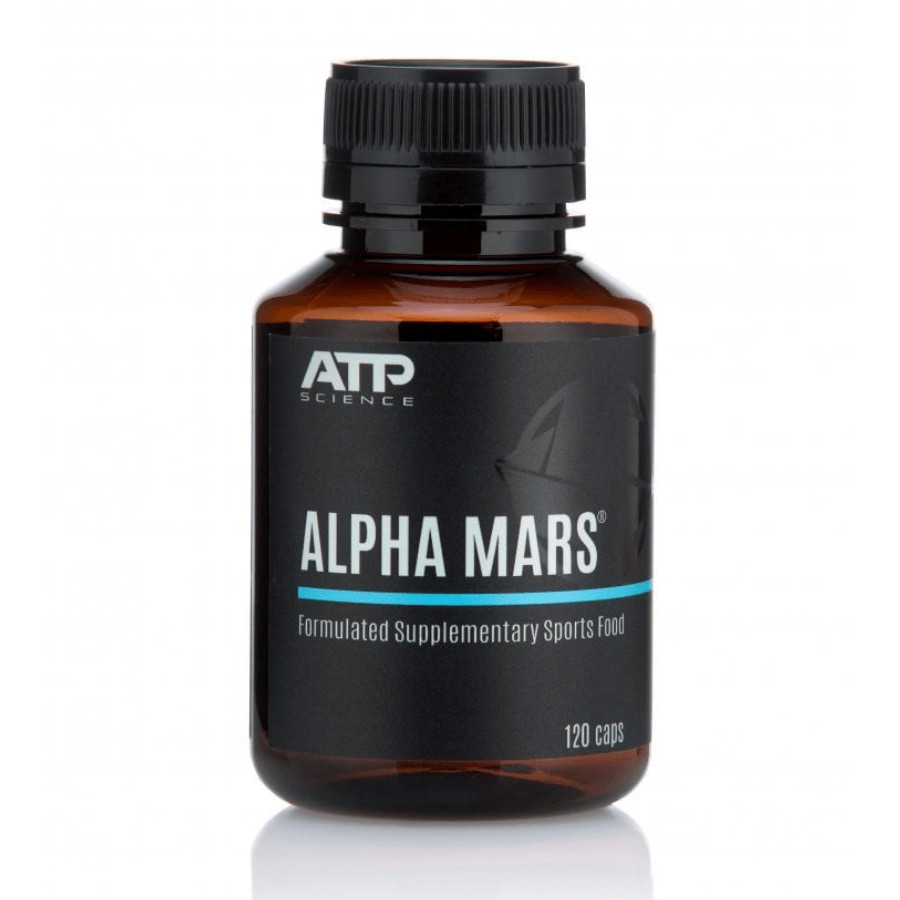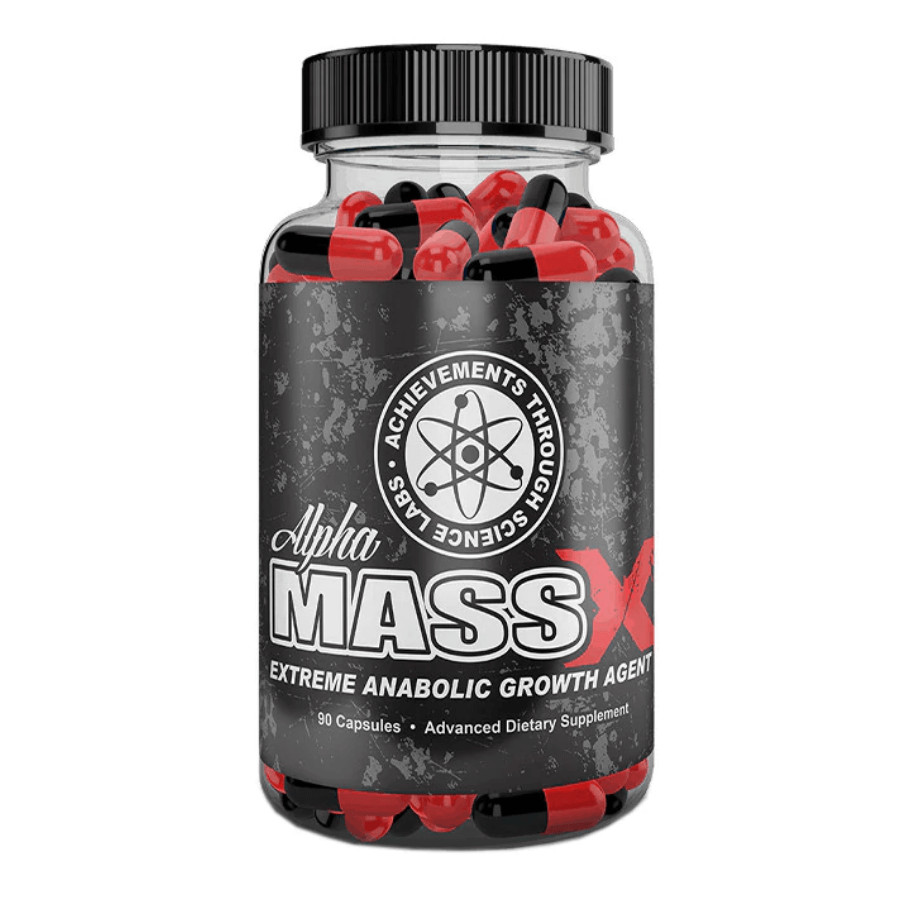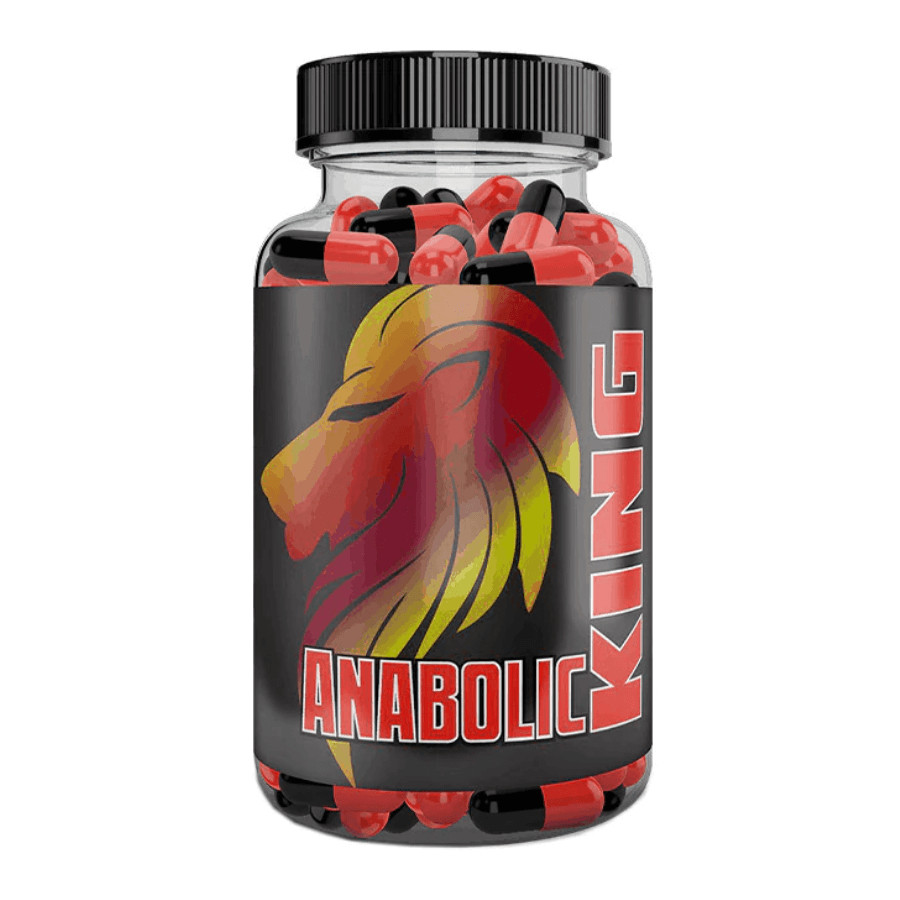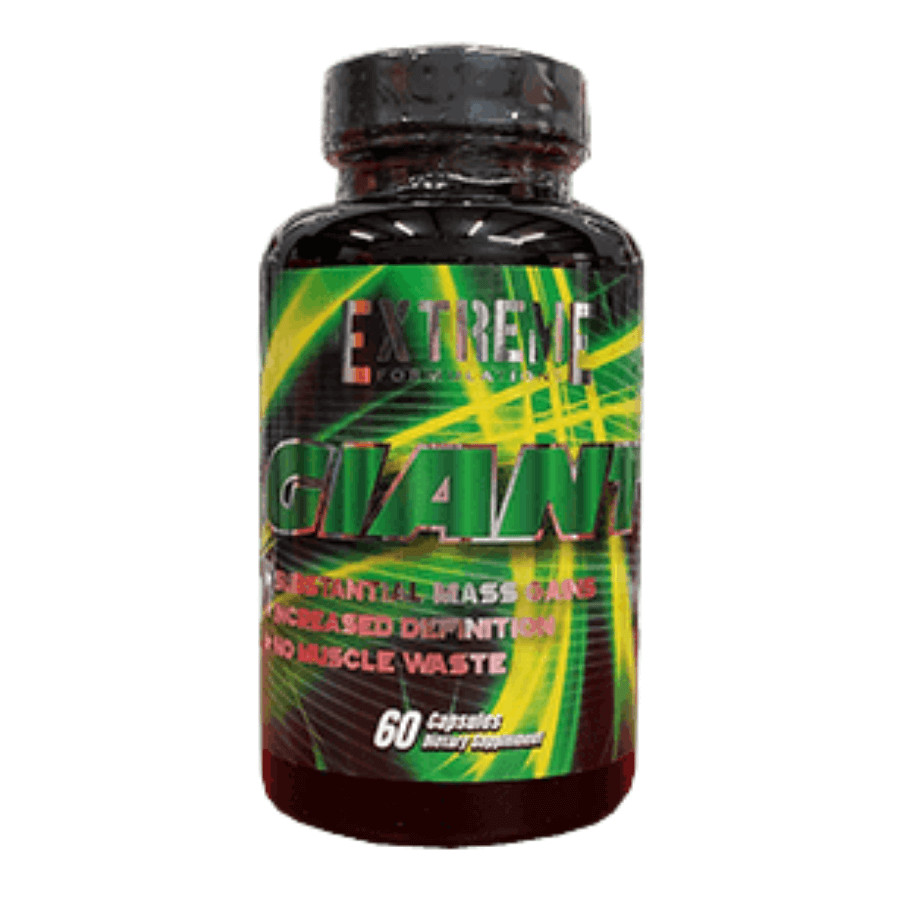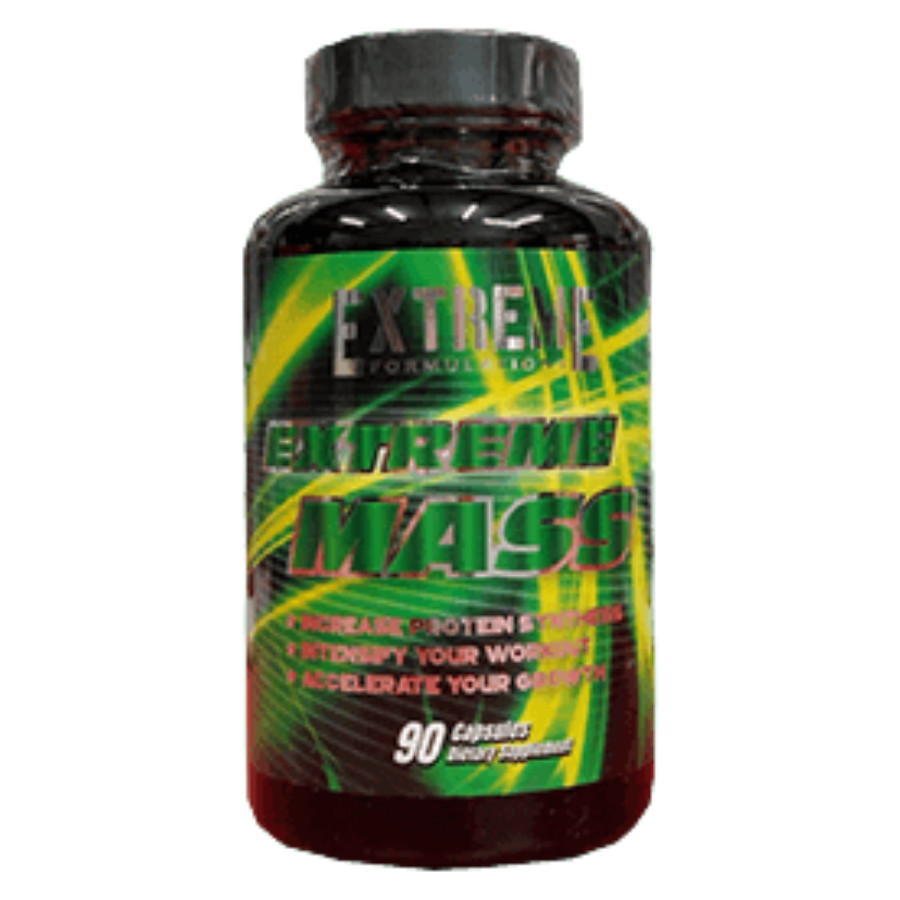
From Endurance to Explosive Power: The Versatility of Creatine in Sports Performance
Creatine is a naturally occurring compound crucial in producing energy during high-intensity, short-duration activities such as sprinting and weightlifting. It is stored in the muscles and used as a quick energy source during intense physical exertion. As a result, creatine supplementation has become increasingly popular among athletes looking to enhance their performance in sports that require short bursts of explosive power.
In addition to its role in energy production, creatine has also been shown to aid in muscle recovery and growth. This is particularly beneficial for athletes who engage in repetitive, high-intensity activities, as it can help reduce muscle fatigue and improve overall performance. As a result, creatine has become a staple supplement for many athletes looking to gain a competitive edge in their respective sports.
Enhancing Endurance with Creatine Supplementation
While creatine is often associated with explosive power and strength, research has also shown that it can positively impact endurance performance. Studies have demonstrated that creatine supplementation can improve endurance capacity, allowing athletes to sustain high-intensity efforts for extended periods. This is particularly beneficial for endurance athletes such as cyclists, runners, and swimmers, who rely on sustained effort over extended periods.
-
Out of stockAdd
Product no longer in sale
Check our bestsellers300 Labz Endurobolic 10mg 90 caps
£44.00 £50.23300 Labz HALO-X 90caps
£41.68AfterDark Pharmaceuticals Estrozole – Advanced Anti-Estrogen & Hormonal Support (90 Capsules)
£42.72Product no longer in sale
Check our bestsellersProduct no longer in sale
Check our bestsellersARIMI-MAX 180 CAPS
£28.32Product no longer in sale
Check our bestsellersATS Labs Alpha MassX 90caps
£29.95 £59.96ATS Labs Ana King 90caps
£29.95 £58.26ATS Labs Extreme Giant 60caps
£19.95 £36.58One way creatine enhances endurance is by increasing the body’s ability to resynthesize adenosine triphosphate (ATP), the primary energy source for muscle contractions. By improving ATP availability, creatine supplementation can help delay the onset of fatigue and improve overall endurance performance. Additionally, creatine has been shown to increase muscle glycogen stores, further contributing to improved endurance capacity. As a result, many endurance athletes have turned to creatine supplementation to gain a competitive edge and improve their performance in long-distance events.
Harnessing Explosive Power through Creatine Use
Creatine is best known for its ability to enhance explosive power and strength. This is due to its role in the production of ATP, which is essential for muscle contractions during high-intensity, short-duration activities. By increasing the availability of ATP, creatine supplementation can help athletes generate more force and power during activities such as sprinting, jumping, and weightlifting.
In addition to its role in ATP production, creatine has been shown to increase muscle mass and improve muscle fibre composition, further contributing to enhanced explosive power. This is particularly beneficial for athletes who rely on quick bursts of strength and power, such as sprinters, jumpers, and throwers. As a result, creatine supplementation has become a popular choice for athletes looking to improve their explosive power and overall athletic performance.
The Science Behind Creatine’s Effectiveness in Sports
A large body of scientific research supports the effectiveness of creatine supplementation in sports performance. Numerous studies have demonstrated the positive impact of creatine on various aspects of athletic performance, including strength, power, endurance, and muscle recovery. This research has helped establish creatine as one of the most widely studied and well-supported supplements in sports nutrition.
One of the fundamental mechanisms behind creatine’s effectiveness is its ability to increase the body’s phosphocreatine stores, a high-energy compound that plays a crucial role in ATP production. By increasing phosphocreatine levels, creatine supplementation can enhance the body’s ability to produce ATP during high-intensity activities, improving performance and reducing fatigue. Additionally, creatine has been shown to promote muscle protein synthesis and reduce muscle damage, further contributing to its positive effects on sports performance.
Creatine Supplementation: Dosage and Timing for Optimal Results
When it comes to creatine supplementation, dosage and timing are important factors to consider to achieve optimal results. The typical dosage for creatine supplementation is 3-5 grams per day, although some athletes may use a higher loading dose of 20 grams per day for the first 5-7 days to saturate their muscle stores quickly. It is important to note that individual responses to creatine supplementation may vary, so starting with a lower dose and gradually increasing as needed is recommended.
Regarding timing, research has shown that consuming creatine post-workout may be beneficial for maximizing its uptake into the muscles. This is because exercise increases blood flow to the muscles, which can help facilitate the transport of creatine into the muscle cells. Additionally, combining creatine with a source of carbohydrates can further enhance its uptake and utilization by the muscles. As a result, many athletes choose to consume creatine with a post-workout meal or shake to optimize its effectiveness.
Creatine and Different Sports: How Athletes in Various Disciplines Can Benefit
Creatine supplementation has been shown to benefit athletes across a wide range of sports and disciplines. In sports that require explosive power and strength, such as sprinting, jumping, and weightlifting, creatine can help athletes generate more force and power during high-intensity activities. This can lead to improved performance and a competitive edge in these disciplines.
Endurance athletes such as cyclists, runners, and swimmers can also benefit from creatine supplementation due to its positive effects on endurance capacity. By increasing ATP availability and muscle glycogen stores, creatine can help delay the onset of fatigue and improve overall endurance performance. This can be particularly beneficial for athletes competing in long-distance events requiring sustained effort.
Additionally, team sport athletes such as soccer, basketball, and hockey players can benefit from creatine supplementation due to its positive effects on strength, power, and muscle recovery. By enhancing these critical aspects of athletic performance, creatine can help team sport athletes improve their overall game and contribute to their team’s success.
The Future of Creatine Research and its Implications for Sports Performance
As our understanding of creatine continues to evolve, ongoing research is exploring new ways in which creatine supplementation can benefit athletic performance. This includes investigating the potential synergistic effects of combining creatine with other supplements or nutrients and exploring its effects on specific populations, such as female athletes or older adults.
Additionally, emerging research is shedding light on the potential cognitive benefits of creatine supplementation, including its effects on brain function and mental performance. This has implications for sports performance and cognitive tasks such as decision-making and reaction time.
The future of creatine research holds great promise for further enhancing our understanding of its effects on sports performance and uncovering new ways it can benefit athletes across various disciplines. As research continues to advance, creatine is likely to remain a staple supplement for athletes looking to optimize their performance and gain a competitive edge in their respective sports.
About the author
Cross The Limits
Cross The Limits is a passionate advocate for health, fitness, and well-being. Since 2018, we have been providing top-quality dietary supplements and vitamins across the UK. Based in Suffolk, our team is committed to helping you achieve your fitness goals with trusted products, expert advice, and unwavering support. Through our blog, we share valuable tips, insights, and the latest trends to inspire and guide you on your health and fitness journey.
Check other posts

Understanding Pro Hormones: What Are They?
May 31st, 2025
Read more
Adaptogens – Nature’s Secret Weapon for Energy,…
April 21st, 2025
Read more
Maximize Your Workout Results: Pre-Workout, Post-Workout, and…
October 13th, 2024
Read moreWe use cookies to ensure that we give you the best experience on our website. If you continue to use this site we will assume that you are happy with it.
ACCEPTIMPORTANT – EU Shipping on Hold from 13.06 to 26.06Dear EU Customers, Please note that all orders placed after June 13th will be shipped from the UK on June 26th. This means that dispatch may be delayed by approximately 2 weeks. Orders are expected to arrive at our EU warehouse around July 3rd, after which they will be shipped as usual via DPD. We kindly ask for your patience and understanding.

